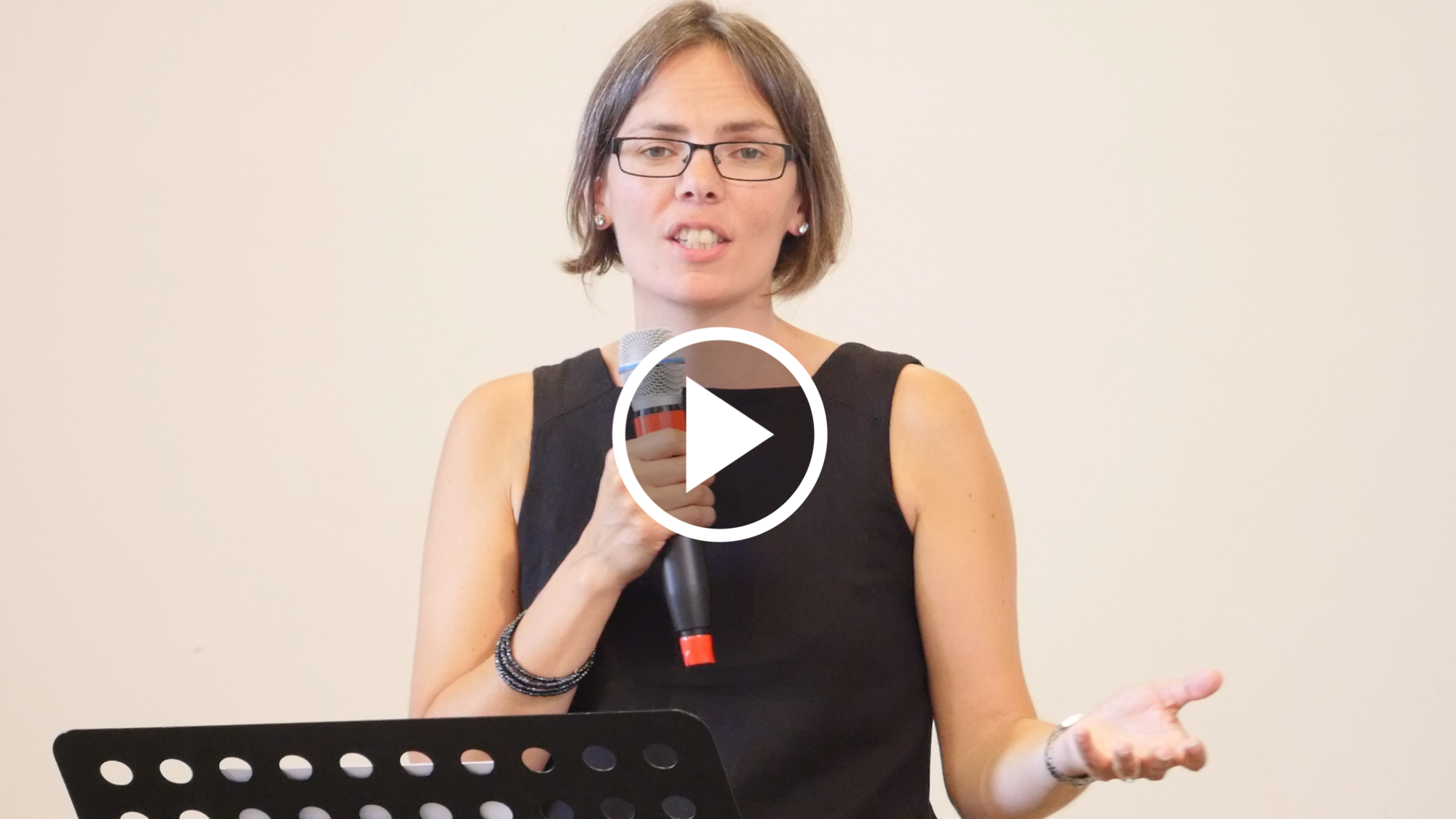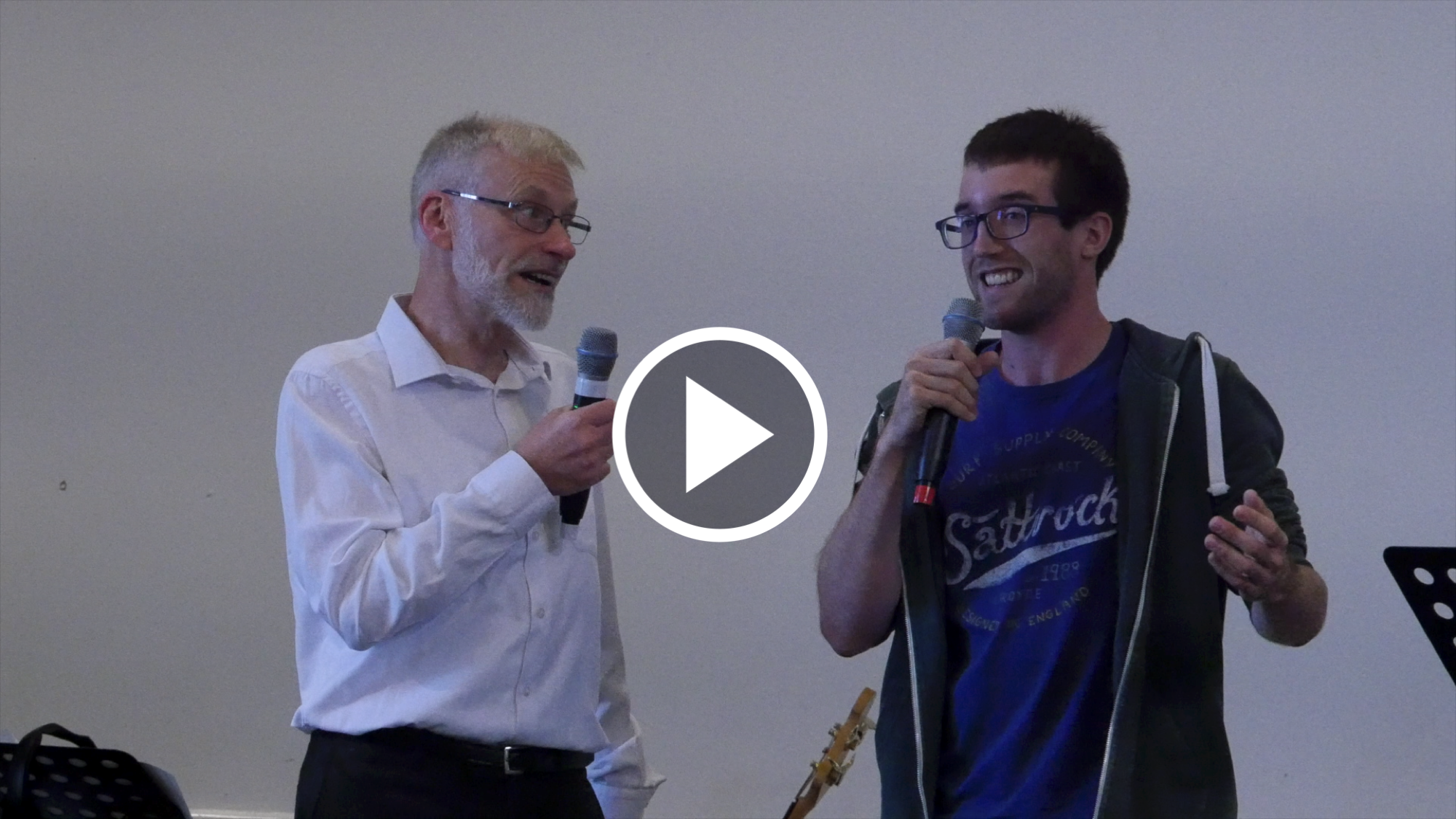The Bible tells us that God is close to the broken hearted, and the Holy Spirit is called by Jesus ‘the comforter’. One of the great things we can do as a prophetic people is mediate God’s comfort and hope to a broken world. Jeremiah’s words of comfort have been applied and brought re-assurance to millions of people since they were first recorded. How do we unlock the power of comfort and hope in our world today
We challenge and confront people we love. Jeremiah’s love for his people reflects the love of God for his chosen ‘bride’ as He calls the Jewish nation. The confrontation is strong however! What gives us the authority to confront and how do we do it appropriately?
Jeremiah lived through the final years of the nation of Judah from the era of the decline of Assyrian power through to the Babylonian captivity of the Jewish people. He was as a young man when called, and lived through the reigns of four kings (from Josiah to Zedekiah) over a turbulent forty-year period. What can we learn about Jeremiah's calling to respond in a time of crisis?
God speaks to us in many ways 1. through creation (Rom 1v20), 2. through scripture (2 Tim 3v14-17), 3. through Jesus - the word made flesh (John 1v1-2, 14, Hebrews 1v1-3), 4. through the Sprit (prophecy)
The Bible is God's written word to us. Do we feel confident in how to read and apply it? Giving personal example, show how God's word revives the soul, brings wisdom for living, gives joy to the heart and gives guidance, lighting our path in life (Psalm 19v7-11). How do we apply the promises of God from the Bible in our lives (2 Cor 1v20)?
One of our church distinctives is "Everyone a minister", but does everyone feel confident to minister? During the talk revisit the biblical idea that everyone is a minister and that we all have different gifts to use (Rom 12, Ephesians 4)
Paul was confident as he ministered to Christians in places like Corinth that he was ministering life rather than "law that kills". How do we avoid legalism in ministry?
It's not "our" ministry, it is the Spirit's ministry, that gives life. How do we minister in the power of the Holy Spirit? (1 Cor 12)
In a multi-cultural society, do we have confidence in Jesus, his unique claim to be the one who brings us to know God as father (John 14v6), the one who ultimately reveals what God is like (Col 2v9), the one who can empathise with our humanity (Heb 4v14-16) and the only one through whom salvation and forgiveness comes (Acts 4v12)?
Do we have confidence that Jesus is the wisest person who ever lived and that we would be wise to make him Lord of every aspect of our lives?
At times we can feel that we are confident in God as Father and Jesus as our Saviour and Lord, but we can be unsure about the Holy Spirit and how He works in our lives.
Do we have confidence in who God is, how he works and the life he gives? At the start of this series looking at 2 Corinthians, Paul introduces the book by describing God as 1. God our Father, 2. Father of our Lord Jesus Christ, 3. Father of compassion, 4. God of all comfort.
God is relational rather than the more static Greek view, therefore we can have confidence that he loves us as a Father, he has plans and dreams for our lives, listens to our prayers and speaks to us.




























